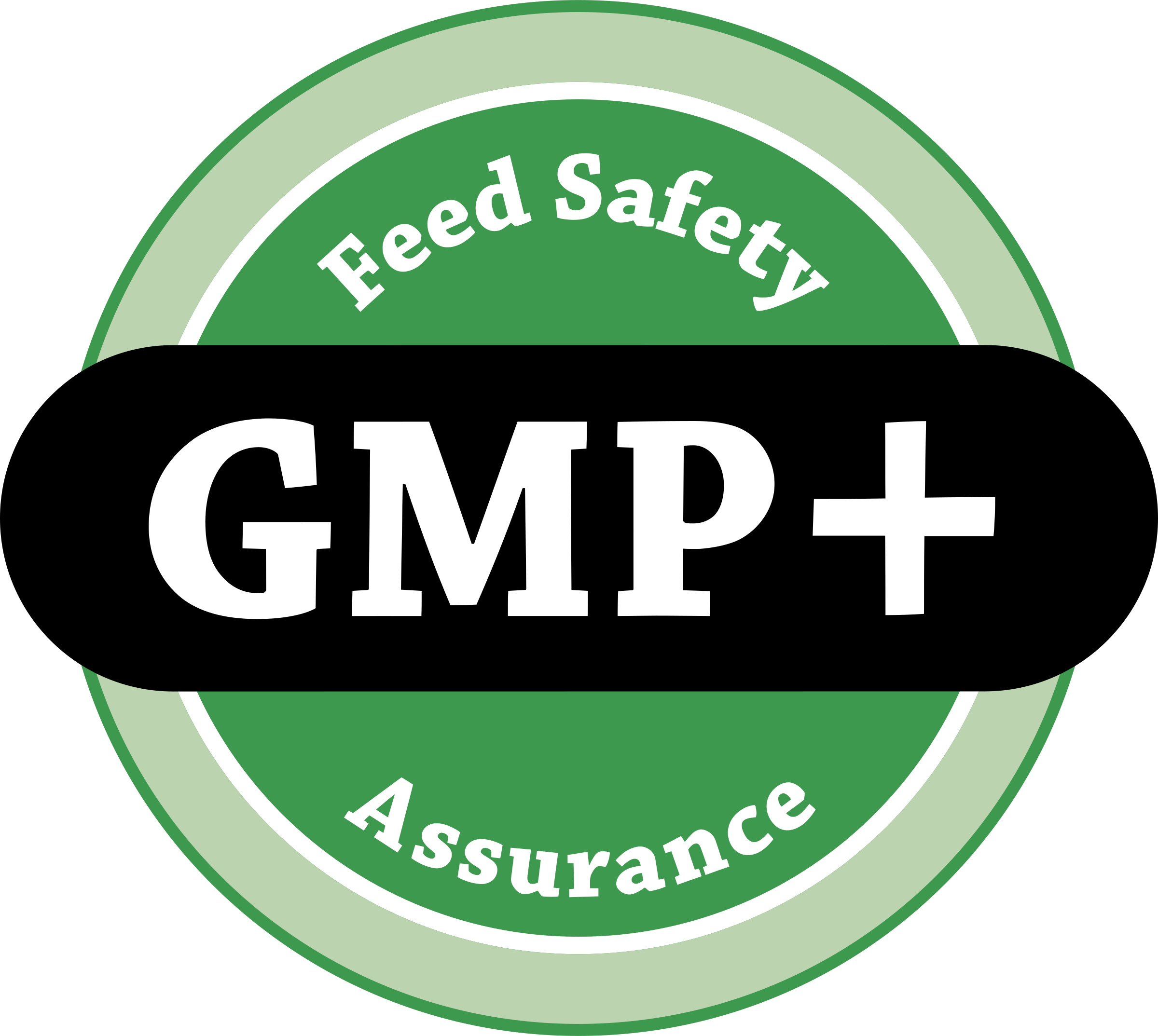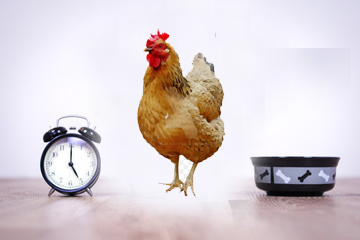Birds gets ‘heat stressed’ when they have difficulty in achieving a balance between body heat production and body heat loss. When conditions mean the ‘upper critical temperature’ is exceeded, birds must lose heat actively by panting. Access to cool, fresh water, ventilation, and adjusted feed schedules can help provide relief to birds.
1. Keep track on feeding time
Most often, birds are hungriest in the morning and will tend to fill up. This will make them more prone to heat stress in the afternoon. Withdrawing feed birds six hours before peak warm temperatures in the afternoon can lower the risk of heat stress.
Reintroduction of the feed can be done after peak temperature started to decline. Birds can then feed during night time hours when cooler temperature expected to occur. Feeders should be filled when feedline lowers.
2. Provide adequate water
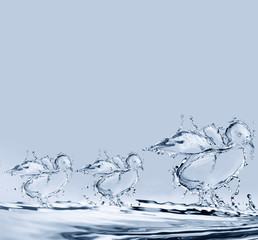
During heat stress, birds will increase their water intake by 2 to 4 times their normal intake. Sufficient water space, operating waterers and cool water temperatures will encourage the birds to drink. Flush water lines and waterers routinely to keep the water fresh and cool.
3. Supply electrolytes to replenish energy

Add electrolytes to flock’s drinking water for up to three days. Heat stress causes increased loss of several minerals including Potassium, Sodium, Phosphorus, Magnesium and Zinc. Potassium Chloride electrolytes appear to increase water intake when provided in drinking water at 0.6 percent concentration. It has been generally more effective than other potassium and sodium salts. One should start providing electrolytes prior to the heat stress period.
4. Addition of requisite vitamins
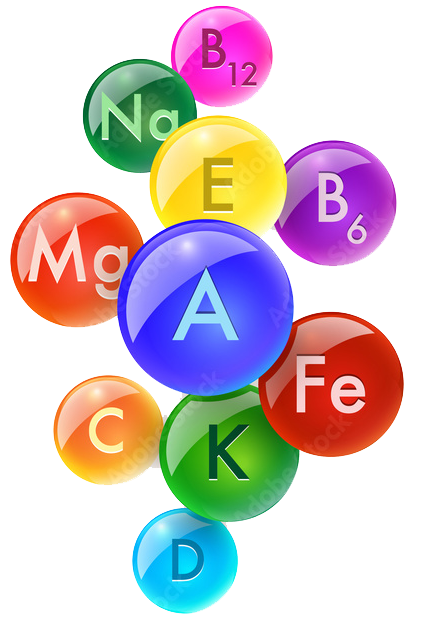
Supplementing drinking water with Vitamins (A, D, E and B complex) can be effective at tackling heat stress mortality. Vitamins like Vitamin C helps to reduce corticosterone levels during heat stress. It combats heat stress, oxidative stress and improves the immune response in birds. Vitamin E provides cellular protection and scavenges free radicals. It protects lymphocytes, macrophages and plasma cells against oxidative damage and improves the immune response.
5. Maintain energy: protein ratio balance
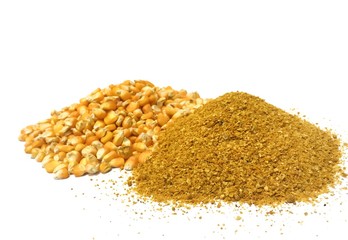
Where feed consumption is decreased due to spells of hot weather, dietary adjustments can help maintain a good supply of nutrients. Protein contributes more metabolic heat than fats and carbohydrates, so be correct energy: protein ratio is important. Dietary vitamins and minerals can also be reformulated.
6. Increasing fat percentage in diet
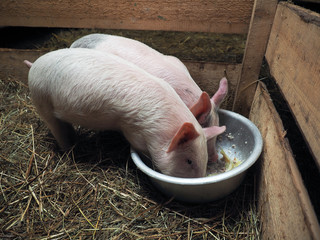
Because fat has a lower heat increment than either carbohydrates and/or protein, a higher fat content in the diet helps mitigate the negative effects of heat stress in birds raised at higher ambient temperature. The inclusion of fat in the diet also decreases the passage rate of digesta through the gastrointestinal tract, thus increasing nutrient uptake and retention.
7.Proper feed form also plays crucial role
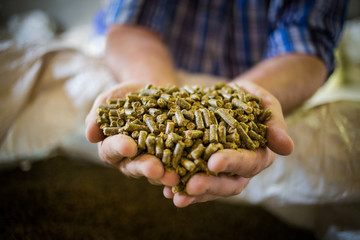
Offering feed as pellets is a method to reduce energy expenditure for eating. The physical nature of pellets allows the bird to consume feed with less wasted energy an
d assists in improving bird performance. Pellets should be of proper quality with minimum number of fines to gain optimal benefits.
8. Betaine act as wonderful feed additive
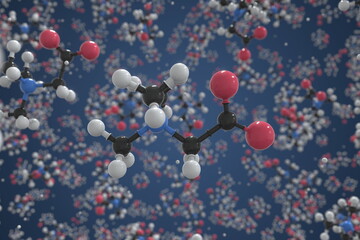
Betaine has a specific role in maintaining poultry biological processes such as osmoregulation, cellular water and ion balance, methionine-sparing, fat distribution and immunity and improves the bird’s capacity to resist heat stress. Betaine also acts as a methyl donor, allowing feed cost savings through the replacement of some of the added dietary Methionine and Choline.
9. Probiotics and Prebiotics
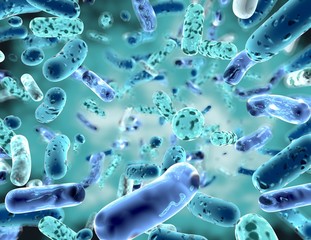
Probiotics have the ability to improve intestinal health, intestinal microbial balance and immune responses. Recently, probiotics gain more interest to mitigate the oxidative damage of heat stress. Prebiotics like Beta-glucans and Manan-oligosaccharides (MOS) mitigates the n
egative effects of heat stress on broiler chickens by benefiting the intestinal microbiota, gut morphology, oxidative status, physiological stress and subsequently immune status of animals.
10. Introduction of Phytogenic or phytobiotics in feed and water
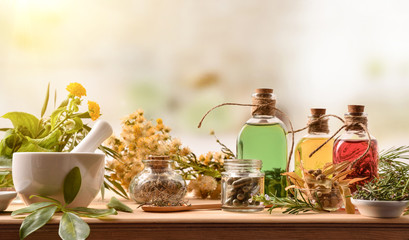
Phytogenics acquired great concern in poultry production as antibiotics alternative to improve the growth by enhancing the efficiency of feed utilization and motivating the immunity and the antioxidative status of the birds. Phyto molecules, such as Carvacrol, Cinnamaldehyde, Capsaicin, Silymarin, Cineole, and Menthol, among others, have been found to alleviate heat stress through their antibacterial, anti-inflammatory and antioxidant capacities, leading to improved bird’s health and performance.
Read Also: Emerging of Phytogenics as Immunomodulator

